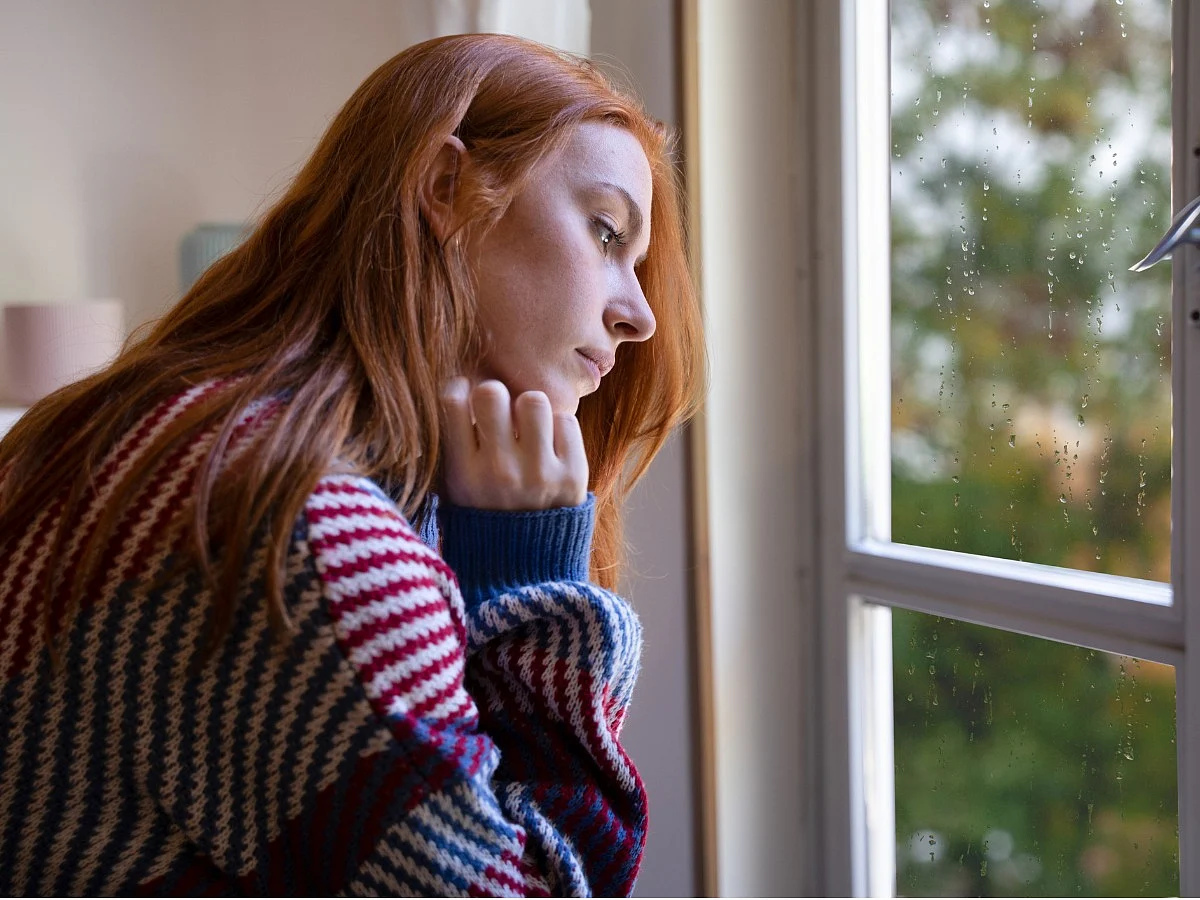5 Yoga Poses to Beat Winter Blues
Try these easy and effective yoga poses to beat winter blues at home.

advertisement
Winter is here and so is the winter blues. For people who do not know what exactly are winter blues- it just means that dark days or winter days getting us all down. In technical terms, it is also referred to as SAD or seasonal affective disorder. This affects the people who live in a climate where winter means dark and dreary days.
But there are ways to beat the winter blues- a little yoga can help boost your mood and your energy levels during winter. We have brought together a list of yoga poses for beating the winter blues and bringing a little warmth to a dreary day. These poses will help stretch your stiff body and energize you after stimulating the endorphin release in the body.
But make sure that the patients of depression or SAD do visit the doctors because yoga is not a cure but a lifestyle change that can help manage the problem and the symptoms.
1. Cat-Cow Pose
The cat-cow pose is a gentle, simple pose that includes backbend stretches, which help mobilise the spine. This pose helps stretch your torso, shoulders, and neck.
This yoga pose focuses on various muscle groups like erector spinae, rectus abdominis, triceps, serratus anterior, and gluteus maximus.
You can follow these steps:
Go on all fours.
Your wrists go underneath your shoulders, and your knees will be placed underneath your hips.
Make sure you balance your weight evenly on all fours.
Breathe in and look up, let your stomach drop down toward the mat.
Breathe out and tuck your chin into your chest, draw your navel toward your spine, and your spine should be arched towards the ceiling.
Maintain focus while you practise this pose.
Focus on releasing tension in your body.
Hold the pose for at least 1 minute.
2. Downward Dog Pose
This is one of the traditional yoga poses in which you bend forward. It can be restful and rejuvenating. This pose can help relieve back pain and sciatica. It helps manage imbalances and improves strength.
The pose focuses on muscles like hamstrings, deltoids, gluteus maximus, triceps, and quadriceps. You should:
Get on all fours.
Your hands should be aligned under your wrists and your knees under your hips.
Press into your hands, tuck your toes, and lift up your knees.
Move your sitting bones slowly up toward the ceiling.
Slightly bend your knees and lengthen your spine and tailbone.
Your heels should be slightly off the ground.
Press firmly into your hands and distribute the weight on both sides of the body.
Pay attention to the position of your hips and shoulders.
Your head should be in line with your upper arms and your chin tucked in slightly.
Hold this pose for at least 1 minute.
3. Bridge Pose
The bridge pose helps regulate blood pressure. It calms the brain and alleviates stress. It is beneficial in managing mild depression and is good for abdominal organs, lungs, menstrual pain, fatigue, headache, and anxiety as well.
Lie on your back, place your hands at your sides, bend your knees, and your feet should be flat on the floor close to your butt.
Press into your feet while you lift your hips and torso to create a straight line from your knees to your shoulders.
Hold the pose for up to 30 seconds, then lower your hips to the floor.
4. Supported Headstand
A shoulder stand is one of the first poses that a trainer might ask you to try if you suffer from thyroid problems. It's an inversion pose and that is why it stimulates blood flow to the glands of the upper body.
It is believed that this yoga pose has a positive effect on the efficiency of the thyroid. Your chin tucked into your chest for this yoga pose is believed to benefit thyroid function as well.
You can try this at home by bending your elbows and placing your hands on your lower back in such a way that your fingertips point up toward the ceiling. Place your elbows on the ground, shoulder-width apart. Make sure your elbows do not splay out to the sides. When you get comfortable, slowly lift your thighs in a vertical position while keeping your knees bent.
5. Legs Up the Wall Pose
This is one of the most simple yoga poses that is performed against a wall. Viparita Karani offers extreme relaxation and relief from anxiety. It is suggested to hold the pose for at least 5 minutes for effective results.
You can keep your eyes shut and use a calming eye pillow if required. When your legs are flipped upwards, it helps the blood rush back down to the heart and has a calming effect.
(At The Quint, we question everything. Play an active role in shaping our journalism by becoming a member today.)